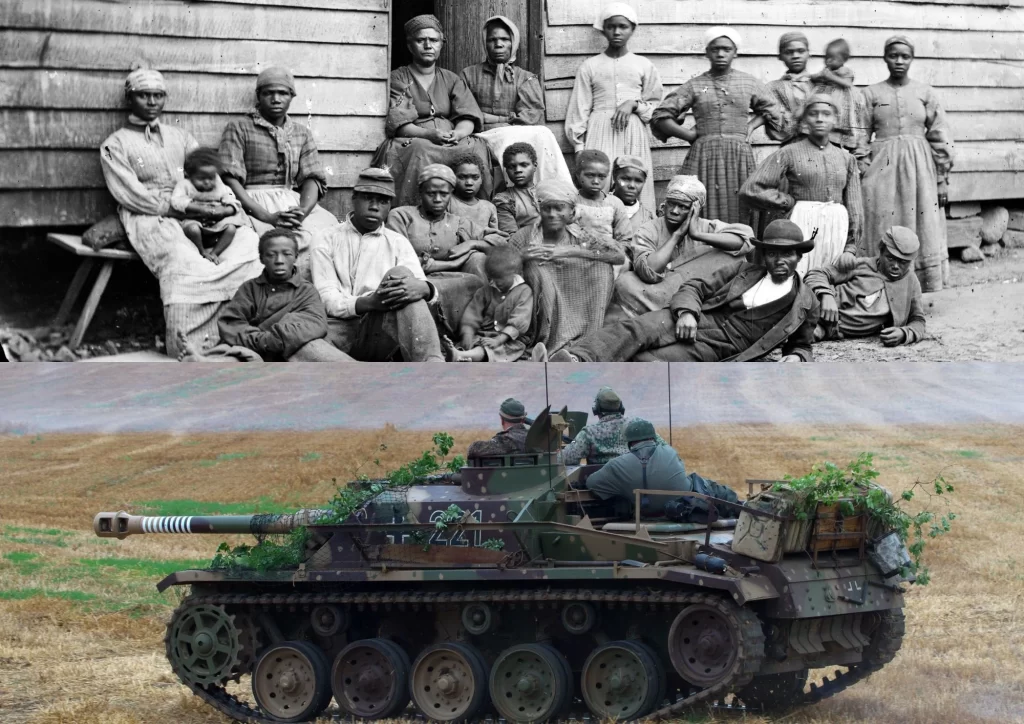The Rebels armed group M23, backed by Rwanda, has declared a unilateral ceasefire in the eastern Democratic Republic of Congo (DRC), citing humanitarian concerns. The announcement comes as conflict escalates in the region, displacing hundreds of thousands of civilians and raising alarm over a potential wider regional crisis.
The ceasefire, set to begin on Tuesday, February 4, 2025, follows an appeal from international organizations for the establishment of safe humanitarian corridors. Reports from the United Nations indicate that at least 900 people lost their lives in last week’s violent clashes in Goma between M23 fighters and the Congolese army.
The city of Goma, home to around two million people, remains under rebel control, with M23 forces reportedly gaining ground in other parts of eastern Congo. Concerns had been growing that the rebel group might push towards Bukavu, another key provincial capital. However, an M23 spokesperson sought to dispel these fears.
“We want to clarify that we have no intention of seizing Bukavu or other regions. Our primary objective is to protect civilians and maintain our defensive positions,” M23 representative Lawrence Kanyuka stated.
The Congolese government has yet to officially respond to the ceasefire announcement.
The ceasefire declaration comes ahead of a scheduled joint summit by regional blocs from southern and eastern Africa, where the leaders of Congo and Rwanda are expected to participate. Kenyan President William Ruto confirmed that the summit aims to facilitate peace negotiations.
Meanwhile, foreign ministers from the Group of Seven (G7) called on all parties to return to negotiations and emphasized the urgent need for the safe passage of humanitarian aid to civilians affected by the ongoing conflict.
Congo’s leadership has signalled willingness for dialogue but insists that any talks must align with previous peace agreements. However, Rwanda and M23 have accused the Congolese government of violating past agreements, leading to renewed tensions.
According to UN experts, the M23 rebels are supported by approximately 4,000 Rwandan troops, a significantly larger force than in 2012 when they briefly occupied Goma before withdrawing due to international pressure. The group is one of over 100 armed factions operating in eastern Congo, an area rich in mineral resources essential for global technology industries.
The latest wave of violence has forced thousands of families to flee their homes yet again. Many have crossed the border into Rwanda, while others seek refuge in overcrowded displacement camps.
The M23 group claims it is fighting to defend ethnic Tutsis in eastern Congo, alleging persecution at the hands of Congolese forces and Hutu militias. Rwanda has echoed these claims, accusing Congo of harbouring remnants of the Hutu-led militias responsible for the 1994 Rwandan genocide, during which 800,000 Tutsis and moderate Hutus were massacred.
In response, Congolese officials have denied any collaboration with such groups, insisting that Rwanda is using the M23 as a proxy to exert influence in the region and gain access to valuable mineral resources.
As the violence rages on, ordinary Congolese citizens continue to bear the brunt of the conflict. In Goma, grieving families gathered at morgues to identify loved ones, with makeshift burial operations underway.
Chiza Nyenyezi, a grieving mother, recalled how her son succumbed to gunshot wounds. “His entire chest was open,” she said, sobbing.
Another mother, Louise Shalukoma, shared her heartbreak over losing her fourth child to a bomb blast. “I asked God, ‘What am I going to do?’ This war has come for us in Goma,” she lamented.
With the ceasefire in place, many hope it will pave the way for lasting peace. However, the situation remains tense, and whether all parties will honour the truce remains uncertain.





